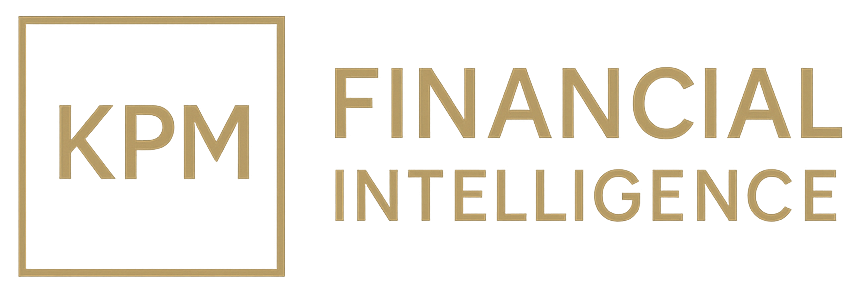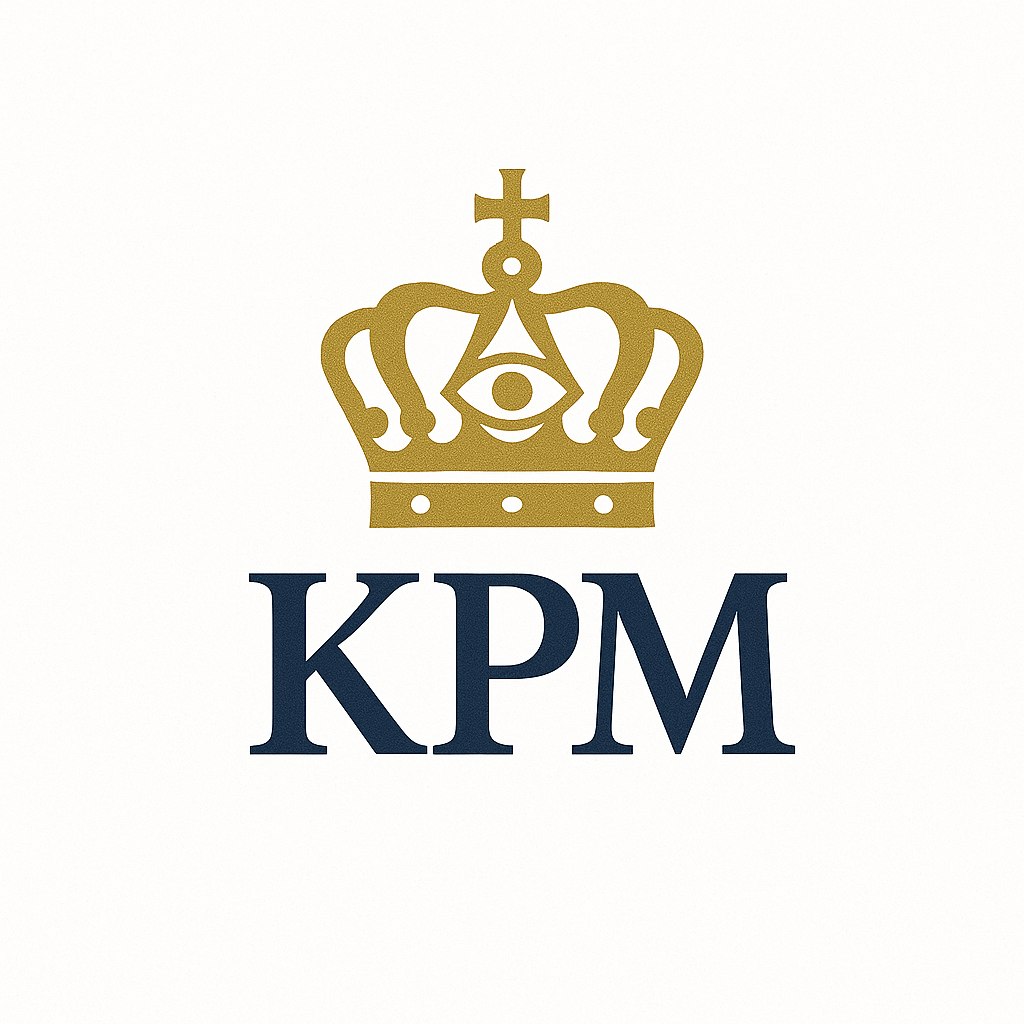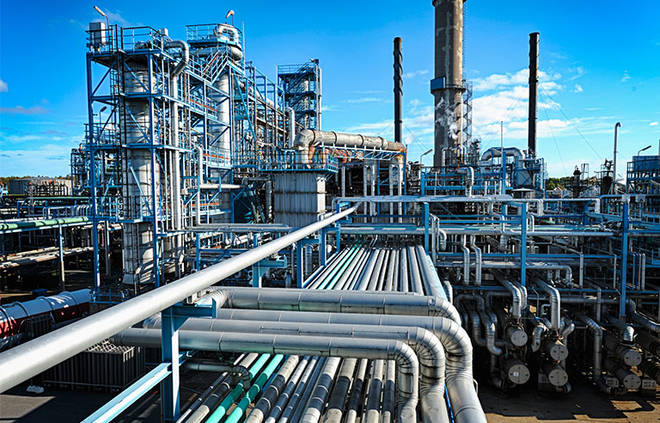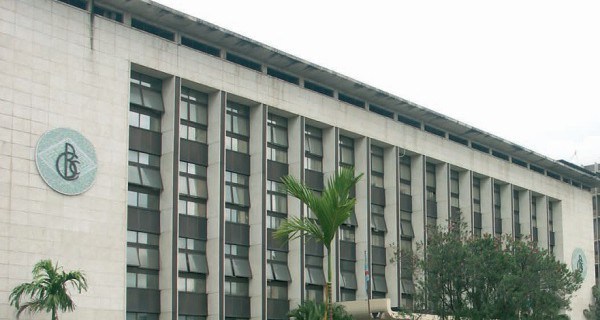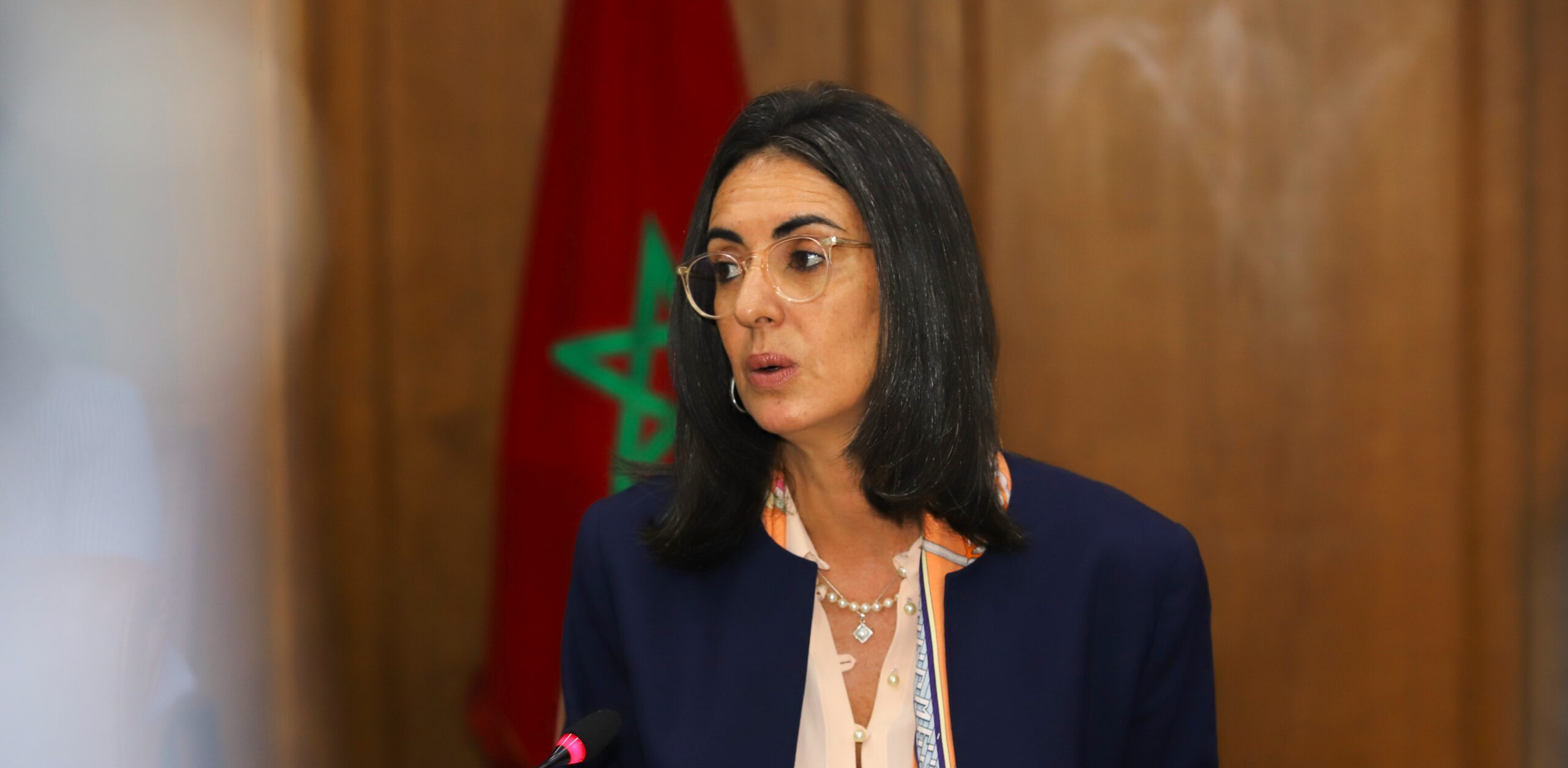Rwanda’s 8.9 Percent Growth Tests if UK Capital Can Anchor a Frontier Hub
UK–Rwanda trade hit £57m in Q1 2025, up 58%. GDP grew 8.9% in 2024, FDI inflows reached USD 459m, yet Eurobond yields trade near 9%. With LSE firms (HSBA, VOD, LGEN) eyeing Kigali, the new British Chamber could decide if growth becomes true investability.
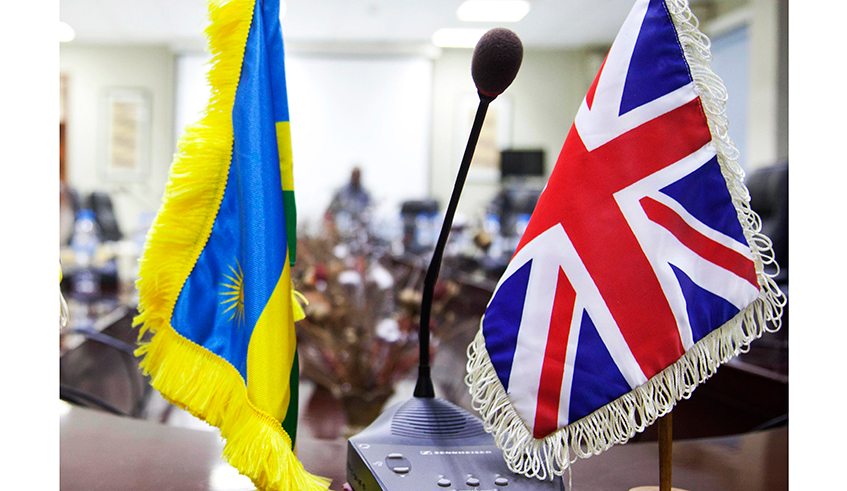
The launch of a British Chamber of Commerce in Rwanda is more than a ceremonial event; it is a clear signal to global investors that Kigali is shifting from being seen as a peripheral frontier market to one with credible pathways into regional and global supply chains. UK–Rwanda trade in the four quarters to Q1 2025 reached £57 million, a 58.3 percent year-on-year increase. While the number is small relative to trade with larger African economies, the slope of that growth trajectory is what matters. Institutions like a chamber of commerce exist precisely to turn those slopes into sustained pipelines—providing market intelligence, policy advocacy, and a platform to resolve bottlenecks. For British firms, that means reduced entry costs and risk; for Rwanda, it opens routes into higher-value sectors such as technology services, climate-aligned infrastructure, fintech, and agri-processing, moving beyond the narrow commodity trade model.
The macro backdrop supports this pivot. Rwanda’s GDP grew 8.9 percent in 2024, and the World Bank estimates 7.8 percent year-on-year growth in the first half of 2025. Services and investment-led expansion are driving that performance, which fits the profile sought by multinationals when deciding on new regional bases. With Rwanda’s GDP now around USD 14 billion and per capita income above USD 1,100, the country is steadily climbing into lower-middle-income thresholds. Such metrics matter to institutional investors because they show both domestic demand growth and policy capacity to anchor reforms. This growth path is being matched by capital market ambitions: the Kigali International Financial Centre (KIFC) has positioned itself as a hub for structuring Africa-facing investment vehicles, particularly in green finance and fintech. A British chamber can complement that ecosystem, bringing in UK insurers, asset managers, and fintech firms that require institutional backing before allocating capital. For global funds, the chamber improves exit visibility and counterparty reliability, making Rwandan-linked ventures more attractive.
FDI flows remain modest but are accelerating. Rwanda’s net FDI inflows were about USD 459 million in 2023, up fifty percent from 2022. That momentum matters when compared to peers. Kenya drew over USD 2 billion, while Ghana and Côte d’Ivoire each attracted more than USD 1.5 billion, highlighting Rwanda’s relatively small share but also the room to grow. The chamber can tilt the composition of those inflows towards productivity-enhancing projects with export capacity—logistics, processing, contract manufacturing, and digital platforms linked to UK buyers. As the composition of FDI improves, Rwanda’s current account pressures can ease, reducing external vulnerability and improving sovereign credit spreads. Rwandan Eurobond yields, trading in the 8.5–9 percent range on secondary markets, could see compression if investor confidence strengthens through institutional platforms like the chamber. For UK firms listed on the LSE (FTSE: VOD, HSBA, LGEN), Rwanda offers optionality to build Africa strategies with measured risk, while for Rwandan firms, proximity to UK capital pools increases credibility.
There is also a geopolitical dimension. UK–Rwanda relations have faced turbulence, especially around migration policy debates. Anchoring relations in business-led platforms provides a more durable track less exposed to political swings. In practice, chambers convene corporates and policymakers to solve regulatory chokepoints, align tax regimes with investor expectations, and establish predictable processes for permits and FX transactions. For investors bound by fiduciary constraints, that reduces headline risk. If Rwanda is seen as investable not just by aid agencies but by corporates and funds, it becomes a serious node in African strategies, not a “one-off” frontier bet.
This development also ties into the rewiring of global value chains. UK retailers and foodservice companies increasingly seek diversified sourcing with ESG compliance, and Rwanda’s specialty crops offer competitive positioning. UK service and tech firms can establish Kigali-based delivery centers, leveraging Rwanda’s young and increasingly skilled workforce. Logistics firms, particularly those listed in London and Johannesburg, are eyeing new corridors connecting Rwanda to the Democratic Republic of Congo’s 100 million consumer market and to Indian Ocean ports through Tanzania. Chambers can organize buyer missions and structure supplier development programs, formalizing offtake agreements that anchor investment flows. In a global economy adjusting to geopolitical fragmentation, these smaller but strategic linkages matter disproportionately.
Risks remain. Inflation has been elevated, averaging 13.1 percent in 2023 before easing to around 8 percent in mid-2025, still above target. The Rwandan franc has faced depreciation pressures, raising input costs for import-reliant industries. Sovereign debt is near 68 percent of GDP, meaning external borrowing space is limited. Yet GDP growth near seven percent gives policymakers room to refine the investment code, competition policy, and capital-market regulations. A chamber can serve as a feedback loop: members identify frictions, authorities adjust policy, and investors scale commitments. That iterative cycle is precisely how small economies punch above their weight in attracting capital.
For London boardrooms, the calculus is becoming straightforward. Rwanda is a small but fast-growing market with improving institutions, a financial-center strategy, and now a dedicated British chamber to provide on-the-ground intelligence and policy advocacy. It offers optionality: a test market for regional theses, a foothold near central-African demand, and early entry before competing capital crowds in. For Kigali, the benefits are leverage—diversified FDI, better technology transfer, and deeper export pathways. The chamber will ultimately be judged on deal conversion and policy results, not on speeches or ceremonies, but as part of the architecture that turns growth into investability, its establishment is a globally relevant development with implications for trade, capital flows, and supply chains far beyond Rwanda itself.
